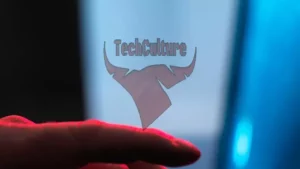As Artificial Intelligence (AI) continues to make its way into the mainstream, EU lawmakers are taking steps to protect copyright holders from potential risks posed by generative AI. Generative AI is a type of artificial intelligence that can produce completely original works without any human input. This technology has already been used in various creative industries such as music and literature, but it could soon face some major limitations from the European Union.
The European Commission recently proposed new rules for copyright law, which would require companies using generative AI to obtain permission before creating or modifying copyrighted material. The proposal also suggests that authors should be able to benefit financially when their work is used by an algorithm-driven system like this one. Additionally, these systems must provide clear information about how they generate content so users know where it came from and who owns the rights associated with it.
These changes will help ensure that creators get credit for their work while still allowing companies access to innovative technologies like generative AI if they choose to use them responsibly and within legal boundaries set forth by EU lawmakers. It’s important for businesses utilizing this technology to understand what restrictions may apply so they can avoid costly fines or other penalties associated with noncompliance with these regulations to stay competitive in today’s tech-driven world.
Read more at ZDNET





